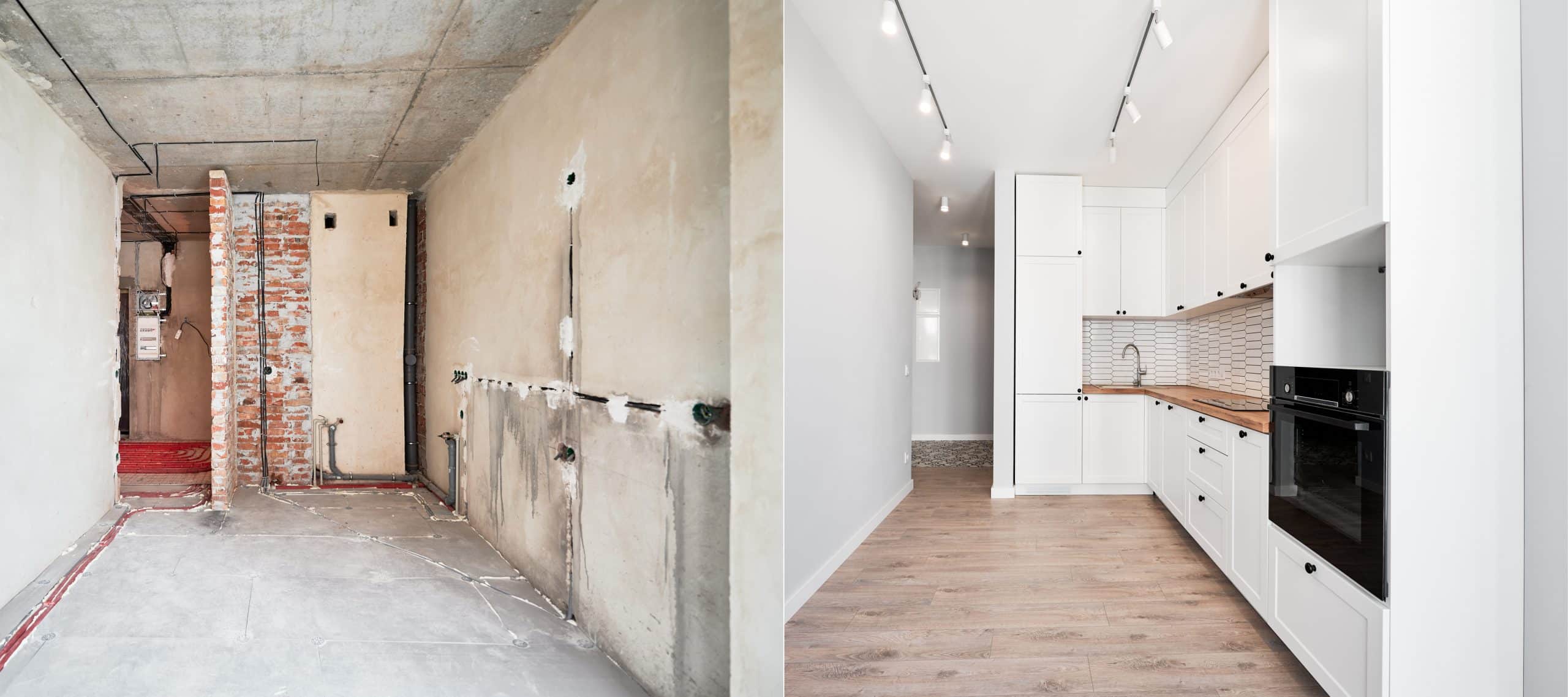What Are the Best Practices for Energy-Efficient Home Renovations in the UK?

Renovating your home is not just about giving it a fresh look or increasing its value. More importantly, it’s about making it energy efficient. Energy-efficient homes are not only good for the environment, but they also help reduce your heating and energy bills. In this comprehensive guide, we will discuss the best practices for energy-efficient home renovations in the UK.
1. Proper Insulation
Let’s start with the basics. No matter how much you invest in energy-efficient appliances or systems, if your home isn’t properly insulated, you will lose a significant amount of heat. Proper insulation is key to an energy-efficient home.
A lire en complément : How to Effectively Manage Remote Teams Across Different Time Zones?
Insulation acts like a barrier, reducing the amount of heat that escapes from the house in winter and reducing the amount of heat that enters the house in summer. In other words, it keeps your home warm in winter and cool in summer, decreasing the need for heating and cooling, and thus reducing your energy use and costs.
There are different types of insulation materials, including mineral wool, fiberglass, cellulose, and polyurethane foam. Each of these materials has its own advantages and disadvantages, and the choice largely depends on your home’s design and your personal preferences.
Cela peut vous intéresser : How Can Hyperlocal Weather Forecasting Benefit UK’s Agriculture?
In terms of where to insulate, the loft is a good place to start as a lot of heat is generally lost through the roof. Wall and floor insulation are also crucial, especially in older homes. Don’t forget to insulate around windows and doors as well!
2. Energy-Efficient Windows
Speaking of windows, they play a vital role in maintaining an energy-efficient home. Traditional, single-glazed windows can be a significant source of heat loss. Therefore, upgrading your windows is an important step in your energy-efficient renovation.
When it comes to efficient windows, double glazing is the standard. Double-glazed windows are made up of two panes of glass separated by a gap filled with air or gas, typically argon. This gap provides an additional layer of insulation, reducing heat loss and keeping your home warmer.
If you live in a particularly cold area or are keen on making your home as energy efficient as possible, you might want to consider triple glazing. As the name suggests, triple-glazed windows consist of three panes of glass, offering even greater insulation than double glazing.
While energy-efficient windows can be more expensive upfront, they will save you money in the long run by reducing your heating costs. Plus, they can also help reduce noise from outside, making your home a more comfortable place to live.
3. Energy-Efficient Heating Systems
Heating is one of the most significant energy consumers in UK homes, especially during the colder months. Therefore, if you are undertaking a home renovation, it’s worth considering an upgrade to an energy-efficient heating system.
There are several options available, but one of the most popular is a high-efficiency condensing boiler. These boilers are much more efficient than traditional models as they are designed to recover heat that would normally be lost in the flue gases, converting it back into usable heat.
Alternatively, you could consider installing a heat pump. Heat pumps are devices that move heat from one place to another. They can extract heat from the air or ground, even when it’s cold, and use it to heat your home. This makes them incredibly efficient, often providing three or four units of heat for each unit of electricity they consume.
4. Eco-Friendly Building Materials
When renovating your home with energy efficiency in mind, it’s essential to consider the materials you use. Many traditional building materials require significant amounts of energy to produce and can contribute to pollution during their manufacture.
In contrast, eco-friendly building materials are produced in a way that minimises their environmental impact. This can involve using recycled or renewable materials, reducing the energy used in production, and avoiding harmful substances.
Examples of eco-friendly building materials include recycled steel, bamboo, cork, and reclaimed wood. These materials are not only more sustainable but can also provide excellent insulation properties, further enhancing your home’s energy efficiency.
5. Smart Home Technology
Finally, smart home technology can play a role in making your home more energy efficient. Smart thermostats, for example, allow you to control your heating remotely and can learn your habits to heat your home more efficiently.
Similarly, smart lighting can help reduce your electricity usage. Smart bulbs use LEDs, which consume less power than traditional incandescent bulbs, and can be controlled remotely, so you never accidentally leave the lights on again.
In conclusion, there are many ways to make your home more energy efficient during a renovation. From insulating properly and installing energy-efficient windows to choosing eco-friendly building materials and integrating smart home technology, these practices can help you reduce your energy consumption, lower your bills, and contribute to a more sustainable future.
6. Compliance with Building Regulations
When undertaking any home renovation in the UK, it’s crucial to adhere to the building regulations set out in the Approved Document. These regulations cover everything from structural safety to energy efficiency, ensuring that your home is safe, efficient, and eco-friendly.
The regulations related to energy efficiency are particularly relevant when undertaking an energy-efficient renovation. For instance, they stipulate certain levels of insulation for walls, roofs, and floors, as well as the performance of windows and doors.
In addition, the regulations encourage the use of renewable energy sources, such as solar panels or ground source heat pumps. These sources of renewable energy can be a highly effective way of reducing your home’s energy consumption and can often be incorporated into your renovation plans.
Before starting any work, it’s important to contact your local authority’s building control service. They can provide advice and guidance on the regulations relevant to your renovation and can ensure that your plans comply with the Approved Document.
Remember, failing to comply with building regulations can result in hefty fines and could even require you to undo the work, so it’s worth taking the time to get it right.
7. Passive House Design Principles
If you’re aiming for the highest level of energy efficiency, you might want to consider incorporating Passive House design principles into your renovation. Passive House is a rigorous, voluntary standard for energy efficiency that significantly reduces a building’s ecological footprint.
One of the key elements of a Passive House design is superior insulation. This minimizes heat loss and virtually eliminates the need for active heating and cooling systems, hence the term ‘passive’.
Additionally, Passive Houses make use of high-performance windows and doors, and a ventilation system that provides a constant supply of fresh, filtered air. They are also positioned in a way that maximizes natural light and heat from the sun, further reducing energy consumption.
While building or renovating to Passive House standards can be more costly upfront, the savings on energy bills over time can make it a worthwhile investment. Plus, living in a Passive House can be very comfortable, thanks to the stable indoor temperatures and excellent air quality.
Conclusion
In summary, making your home more energy efficient is not just about saving on energy bills – it’s also about creating a comfortable living environment and contributing to a sustainable future. Whether it’s improving insulation, installing energy-efficient windows and doors, upgrading your heating system, using eco-friendly building materials, or incorporating smart home technology, there are numerous best practices you can follow.
Remember to ensure your renovation plans comply with the UK’s building regulations and consider exploring the Passive House design principles for the ultimate in energy efficiency.
With careful planning and the right choices, your home renovation can significantly reduce your energy consumption and help create a greener, more sustainable future for all. By following these best practices for energy-efficient home renovations in the UK, you can make a substantial difference- for the environment and for your wallet.
